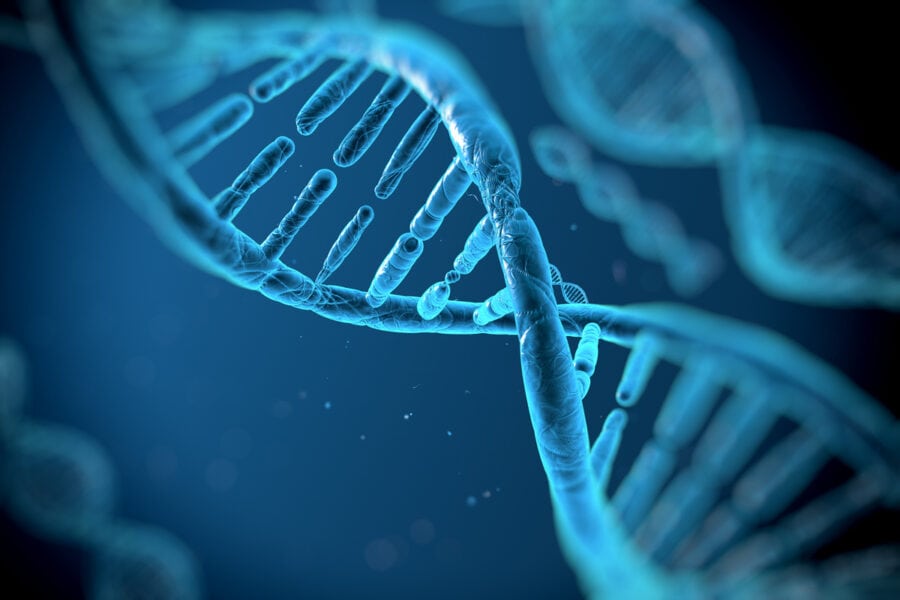Scientists have developed a technology called CATCH that can help detect and even cure cancer in hard-to-reach places like the colon. This is reported by Engadget with reference to an article in the journal Science.
In this technology, scientists used a type of bacterium called Acinetobacter baylyi. It has the ability to naturally absorb free-floating DNA from the environment and then integrate it into its own genome, allowing it to produce new proteins for growth.
Scientists have engineered these bacteria to contain long DNA sequences that mirror the genetic material found in human cancers. These sequences act as one half of a “zipper” that captures the cancerous DNA.
The scientists focused on the mutated KRAS gene, which is often found in colorectal tumors. When the bacterium A. baylyi finds the mutated DNA and integrates it into its genome, the associated antibiotic resistance gene is activated. The team used this to confirm the presence of cancer cells.
The technology is not yet ready for use in actual diagnostics. The team is working on the next steps, including improving the efficiency of the method and comparing it with other diagnostic tests.
In the future, the technology may also be used for targeted biological therapies for treatment based on the presence of specific DNA sequences.
Earlier, it was reported that a daily single dose of lung cancer pill reduces the risk of death from this disease by 51%. The efficacy of such treatment after surgery was confirmed in a late-stage study led by Yale University.



Loading comments …